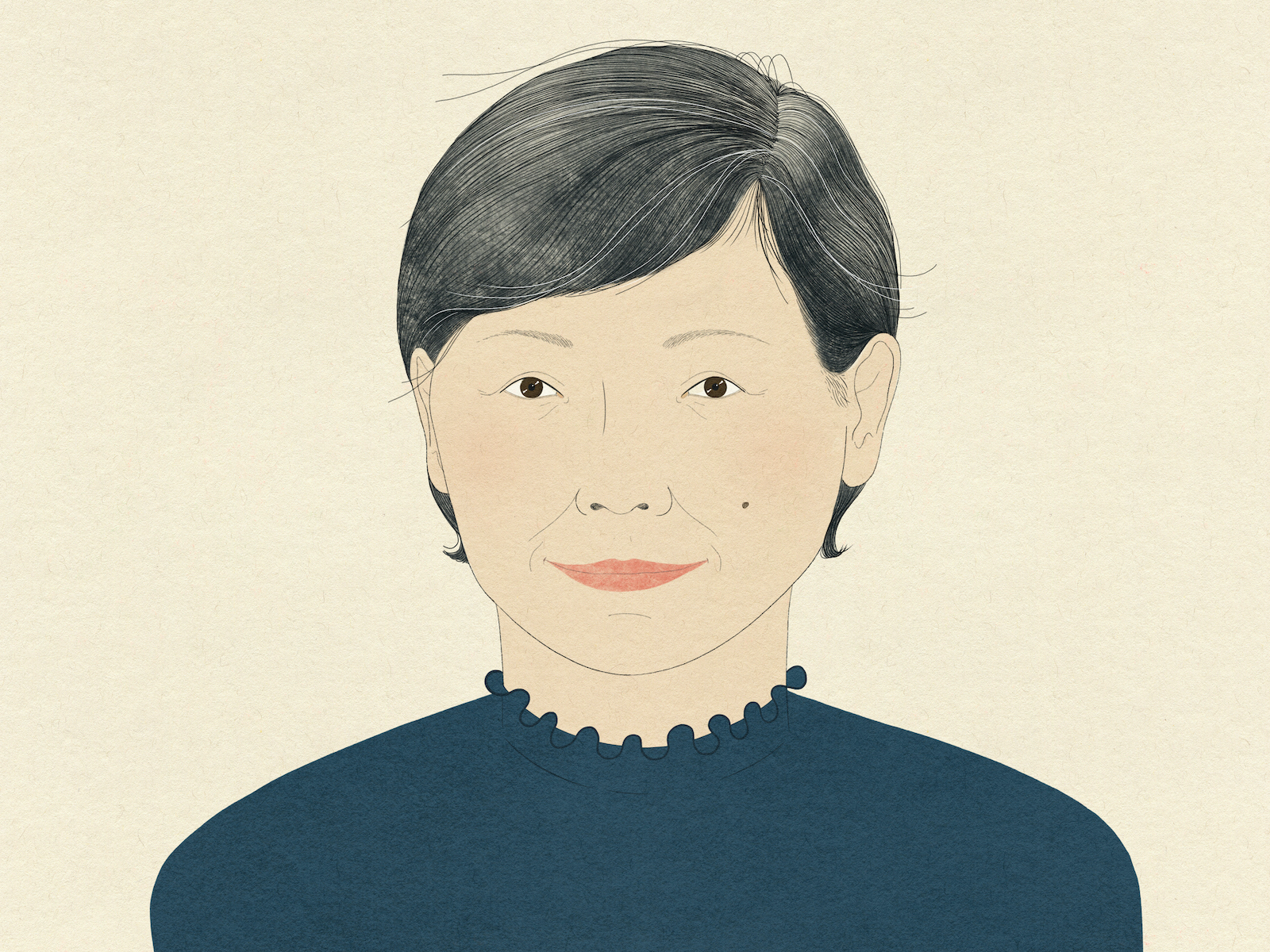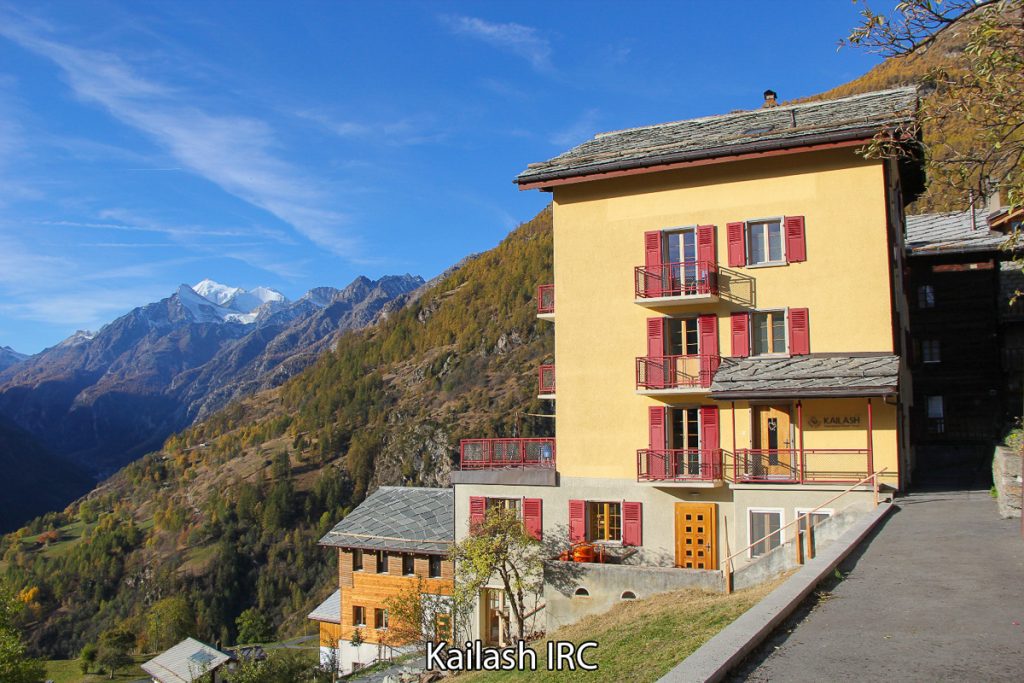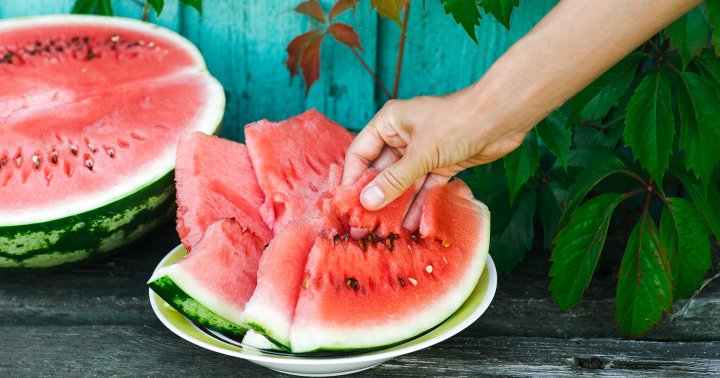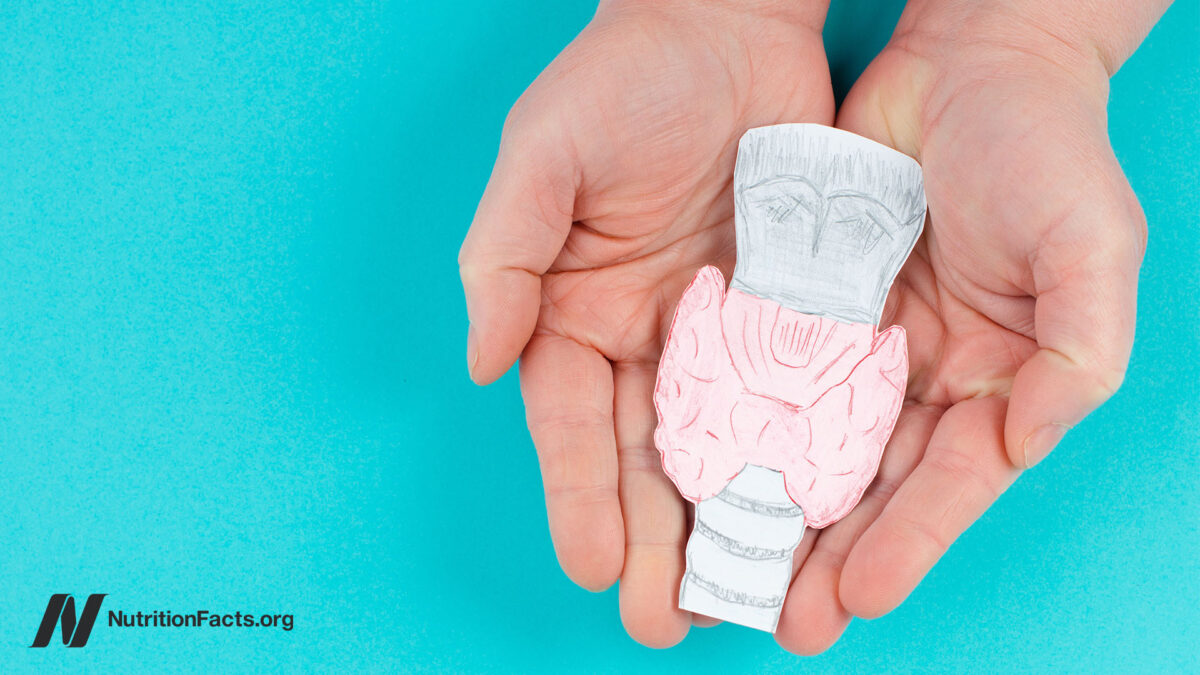On Grief, Willpower, and Finding Happiness
Between-States: Conversations About Bardo and Life In Tibetan Buddhism, “bardo” is a between-state. The passage from death to rebirth is a bardo, as well as the journey from birth to death. The conversations in “Between-States” explore bardo concepts like...

Between-States: Conversations About Bardo and Life
In Tibetan Buddhism, “bardo” is a between-state. The passage from death to rebirth is a bardo, as well as the journey from birth to death. The conversations in “Between-States” explore bardo concepts like acceptance, interconnectedness, and impermanence in relation to children and parents, marriage and friendship, and work and creativity, illuminating the possibilities for discovering new ways of seeing and finding lasting happiness as we travel through life.
***
“I don’t believe in moving on or moving forward,” says author Yiyun Li. “It’s more that something big happens, like the death of a child, but then you make space from within so you can contain that something and still live another life.” In her latest story collection, Wednesday’s Child, Li explores the landscape of loss, a terrain she herself has navigated since the suicide of her 16-year-old son in 2017. Vital and heartbreaking, the stories delve into motherhood and marriage, love and friendship, aging and death, illuminating the struggle to come to terms with the losses that life brings.
Born in Beijing in 1972, Li earned a BS from Peking University in 1996 and an MS in immunology at the University of Iowa in 2000. She planned to pursue her PhD but changed course when she became interested in writing; she completed her MFA in creative nonfiction at the Iowa Writers’ Workshop in 2005. Her stories have appeared in the New Yorker, the Paris Review, Granta, A Public Space, and elsewhere. She has published eleven books, both fiction and nonfiction, among them Where Reasons End (2019), a novel written as a dialogue between a mother and her teenage son after she loses him to suicide.
Li is a professor of creative writing at Princeton University and director of the University’s Creative Writing Program. Her many honors and awards include a MacArthur Fellowship, a Guggenheim Fellowship, a Windham Campbell Prize, a Literature Award from the American Academy of Arts and Letters, a PEN/Malamud Award, and a PEN/Hemingway Award.
Li spoke with me over Zoom about existing in liminal spaces, discovering how loss can expand us, and finding meaning and joy in even our saddest moments.
*
In Wednesday’s Child, the characters are often in between-states, including the liminal period after immigrating to a new country. You’ve lived in the US for nearly three decades. Do you feel rooted in America, or like you’re between America and China? That’s such a good question. I think I feel in between. I don’t fully belong to either place. I grew up in Beijing and left when I was 23, but even when I was there and fully immersed in that society, I didn’t really feel a [sense of] belonging. At the same time, it was hard to set myself apart from others, because China is crowded and there’s no personal space. I’ve been in America for twenty-seven years now, and though I don’t feel entirely at home here, it’s easier to set myself apart from others. I live among people and I teach, but psychologically I feel apart, and that’s very important to me.
Why is it so important? I like to think carefully about a lot of things. So I need space—physical space, but mostly mental space. I need to not be in constant communication with people. My ideal way to spend my days is thinking on my own. If I’m with people all the time, I have no time to think, no thoughts.
When you came to the US to attend the University of Iowa, were you planning to emigrate? Yes. There were many things I was not certain of, but one thing I knew when I was in China was [that] I did not want to live in China. The urge was so strong that I never had a moment of doubt.
Why did you want to leave so badly? There was a lack of resources when I was growing up. Now China is booming, but when I was in college, in the 1990s, it was dire. In my junior year, my boyfriend—now my husband—and I went to a job fair in Beijing. Every single job had a sign that said “Males only.” I thought there was no future for me in the country, or for the country itself, so I decided I must leave.
One concept in the bardo teachings is that we’re the protagonists of our lives, in the sense that the choices we make determine our trajectory. Do you ever think about what your life would have been like if you’d stayed in China? “If I’d stayed”—that’s exactly how I look at fiction. Fiction is all about someone’s alternative lives. I always think about my characters’ alternative lives, but I’ve never wondered, “What if I had stayed in China? I would have married this person, I would have had that job.” I closed the door to that. There was one moment in my American life when there was a reunion for my middle school. These middle school friends in China emailed and asked me to send my current picture for an album they were making. Of course, I did not send it.
Do you think of yourself as Chinese, American, Chinese-American, Asian-American? I wouldn’t say I’m Chinese because I did give up my citizenship. I have an American passport, but do I feel American? Probably not. Still, I’m more American than Chinese in the ways I approach the world. I don’t really think of myself as an American writer though. Nor do I think of myself as a Chinese writer because I don’t write in Chinese. When Kazuo Ishiguro first started writing, people were always asking, “Are you a British writer? Are you Japanese-British?” And he said he wanted to be called an international writer. I think that’s a very good way to answer.
That in-between is important. I’m just here in the between, living mostly in the world of books. In that sense, I have a country, made up of books by writers from all over the world. That’s my point on the map.
Who lives in that country? Well, the Russians: Tolstoy, Chekhov, Turgenev. A lot of British writers, some American writers. In America and China, there’s this urge to expand, invade, claim property, like how the early Americans pushed westward, but in my country of books, you don’t have to expand: you go in rather than out. My tendency is to go inward, rather than outward.
Not to be acquisitive. Right. I tend to be inquisitive, rather than acquisitive.
For you, going inward also means exploring the dimensions of loss and grief, as you do in Wednesday’s Child. In the story “When We Were Happy We Had Other Names,” which is about a couple who has lost their son to suicide, you write that perhaps “grief was nothing but disbelief” or “the recognition of having run out of illusions.” How has your understanding of grief evolved as you’ve experienced it and written about it? I used the word “grief” in that story even though I have such a big argument with that word, because its etymology is “heavy burden.” There are certain things that are burdens in life, but I know now that if you lose someone, it’s not a burden. You carry them on. You don’t want to put them down, you don’t want to forget them.
The other thing, for my characters and for myself, is that grief changes your relationship with time. You feel more patient and have a more philosophical view of how time works. Our lives are so intertwined with time. When we talk about life, we’re actually talking about time: “I have to go to a meeting.” “I have too much to do.” “I don’t have enough time in my day.” Time is the centerpiece of our lives. But now I feel I have some distance from time. Time is important, but if there’s a lot to do and I cannot finish it, it’s OK.
So grief has created a feeling of expansiveness. That’s the opposite of the common idea that grief narrows your world. I’m working on a piece for the New Yorker, and I was just talking with my editor about this. We were discussing the word “anguish,” what we feel when we lose someone. I looked up “anguish,” and it means “narrowing.” But in my experience, even though it feels like narrowing, it’s the opposite. Grief doesn’t narrow you down, it expands you.
What’s it like for you to write about grief? My editor and I were working recently on a nonfiction piece of mine that dealt with a loss that I’d experienced, and she said, “When you write, you’re putting the words under anesthesia. You’re putting the story under anesthesia, and then you can do dissections.” We weren’t so much looking at the life story behind the piece as [much as] looking at words, at commas, at adjectives. Just by paying so much attention to how the story is written, or how the words are arranged, you’re removing yourself to a certain distance. It’s either before or after you write the piece that you feel the feelings in it.
In a recent New York Times essay about love and the death of your son, you say, “I raised myself as a warrior queen.” What do you mean by that? People say, “You had to overcome a lot to become a writer.” Maybe so, yet I don’t look at it that way. Losing a child, though, is a big thing. The most important lesson I’ve learned is that there are moments when you must have willpower. You have to make a meal, or not only a meal but something delicious and attractive, even as you wonder, “What’s the point of a nice-looking meal?” Or to take another example, there’s the willpower to garden, even when you wonder what the point is when life can be so terrible. People are dying in Israel and Palestine—what’s the point of planting flowers?
It’s easy to feel [that] there’s no point, and doing these things anyway is [an act of] willpower. You have to have some will, and you have to use it. That’s why I say I’ve raised myself as a warrior queen. I may not have a lot of ambition or desire to communicate with people. I don’t want a lot of things. But the one thing I want is to have this willpower. I live by it. So many horrible things happen, but you still have to hold your life together. And what holds life together are the little things. When you’re really sad, you can find joy in baking a cake or doing some gardening.
In spite of the tremendous loss you’ve experienced, you have a lovely, upbeat manner and are quick to laugh. Even the saddest story has a funny moment, right? My biggest regret is that very few reviewers say my writing is funny. I would like people to see the humor in my writing. The ability to laugh is one of the most important things. And I do laugh, all the time. You have to, even at the saddest moments.
I also make a huge distinction between sad and unhappy. Unhappiness and joy oftentimes do not coexist, and unhappiness is more like a bitter state, which is not good. But I don’t feel unhappy. I feel sad. I can say I’m very sad. I have a sad story. But I’m not unhappy, because sadness and joy can coexist.

 Koichiko
Koichiko 
































